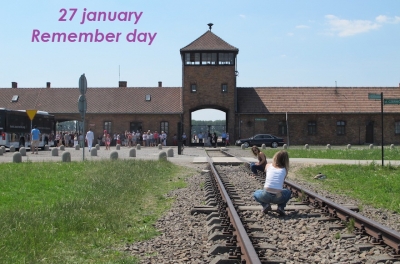
Cancer is probably the most dreaded disease in the world today. Statistics claim that about one in six deaths among humans is caused by cancer and that there is hardly any family untouched by the lethal fangs of this deadly disease.
World Cancer Day, celebrated on February 4, intends to reassure the world that cancer is no longer a death warrant. There is a concerted effort world over to contain the illness, to improve the chances of survival and to enhance quality of life of people living with cancer.
There is much more the world can do than it is doing now. Dr. Etienne Krug, WHO Director for the Department for Management of Non-communicable Diseases, thinks that nations across the globe should act upon the causes of the disease and prevent them from occurring in the first place.
Countries should strengthen their health system responses and ensure earlier diagnosis and better access to affordable treatment by qualified personnel, thereby saving millions of lives. One of the best ways of prevention is early detection of the disease.
The year 2018 was an important year for cancer control as the UN encouraged nations to implement the blueprint of prevention and control of cancer at the Third High-level Meeting of the General Assembly on the Prevention and Control of Non-communicable Diseases.
Picture Credit : Google

